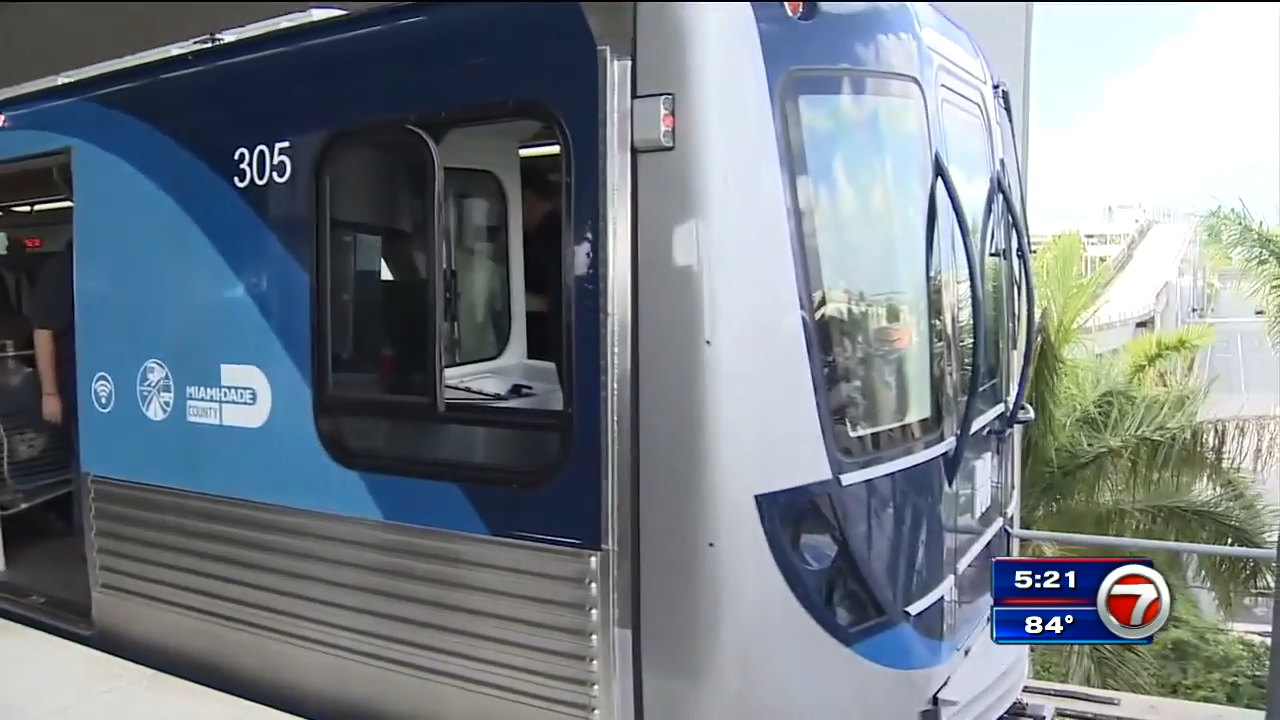


In 20 19 DTPW introduced an account-based fare payment system, which will ma k e it possible to link an individual’s transit account to those on platforms like bikeshare, carshare, et cetera.

An ongoing goal of the department has been to encourage trips on transit as well as complimentary modes such as walking and bikeshare (the cities of Miami and Miami Beach manage CitiBike, the local bikeshare system). Around 400,000 passengers rode Miami-Dade Transit daily in 2019. The Miami-Dade Department of Transportation and Public Works (DTPW) is the public transportation provider for the Miami region, operating buses, paratransit, the fully automated people mover, and a heavy rail lin e. The partnership with Velocia has supported numerous DTPW goals, including attracting new riders, promoting multimodal travel, and minimizing crowding during the pandemic. Although Miami-Dade Transit ceased collecting fares during the COVID-19 pandemic, initial pilots showed a strong behavioral response to incentives. As of December 2020, over 12,000 people have downloaded the Velocia app in the Miami area, and over 2,800 have linked it to their Miami-Dade Transit fare payment account. In 20 DTPW provided $300,000 for a number of “campaigns” promoting specific behavior s related to local transportation. VELOs could then be redeemed for rewards including ride hail, carshare, and bikeshare. Residents could earn credit- called “ VELOs ”-for actions such as riding the train to the airport, boarding a bus outside of peak times, or taking a bikeshare trip. In 2019 Miami-Dade Department of Transportation and Public Works ( DTPW ) began working with Velocia, a startup, to incentivize specific travel behavior s. Transit Cooperative Research Program (TCRP).


 0 kommentar(er)
0 kommentar(er)
